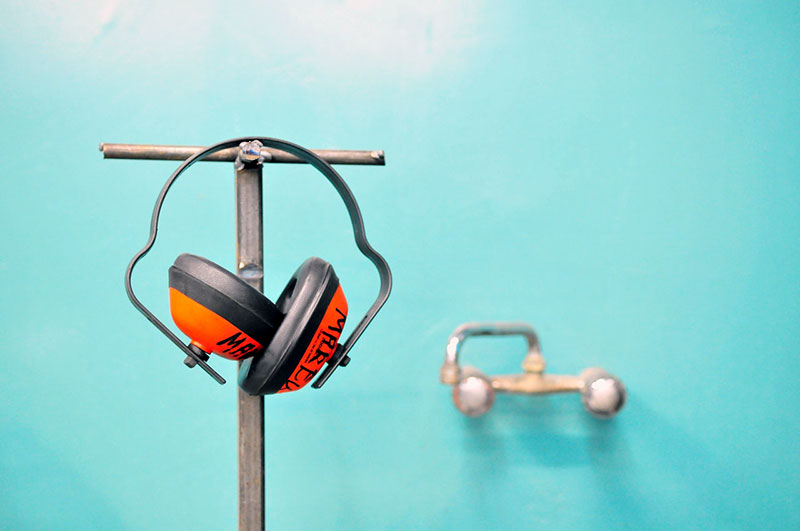
Having the ability to hear is a gift that many do not fully appreciate until it is gone or diminished. Unfortunately, one of the most common causes of hearing loss in the United States is noise-induced hearing loss (NIHL). Even though noise-induced hearing loss is preventable in most cases, NIHL is a widespread problem. According to the National Institute on Deafness and Other Communication Disorders (NIDCD), an estimated 30 to 50 million Americans are exposed to dangerous noise levels daily. While noise-induced hearing loss can occur in an instant, in most cases, damage happens gradually over time. Regrettably, many don’t realize or want to admit there is a problem until the damage is severe. However, knowing some helpful hearing loss prevention tips can help minimize your chances of hearing damage.
Although noise-induced hearing loss is on the rise, there are still ways to protect yourself. In light of National Hearing Protection Month, check out these simple hearing loss prevention tips that could possibly help you preserve your hearing.